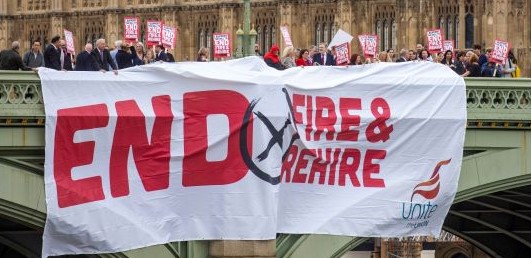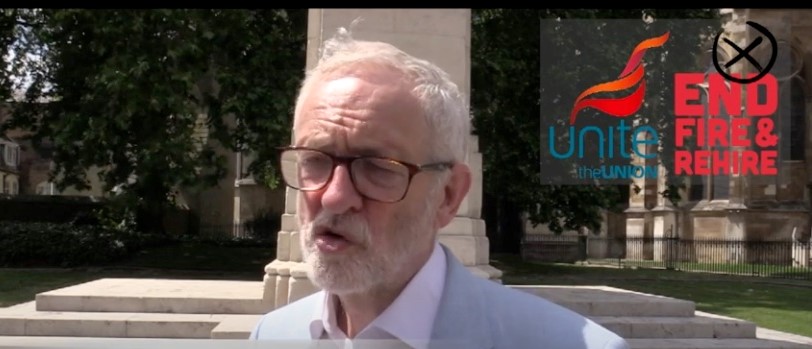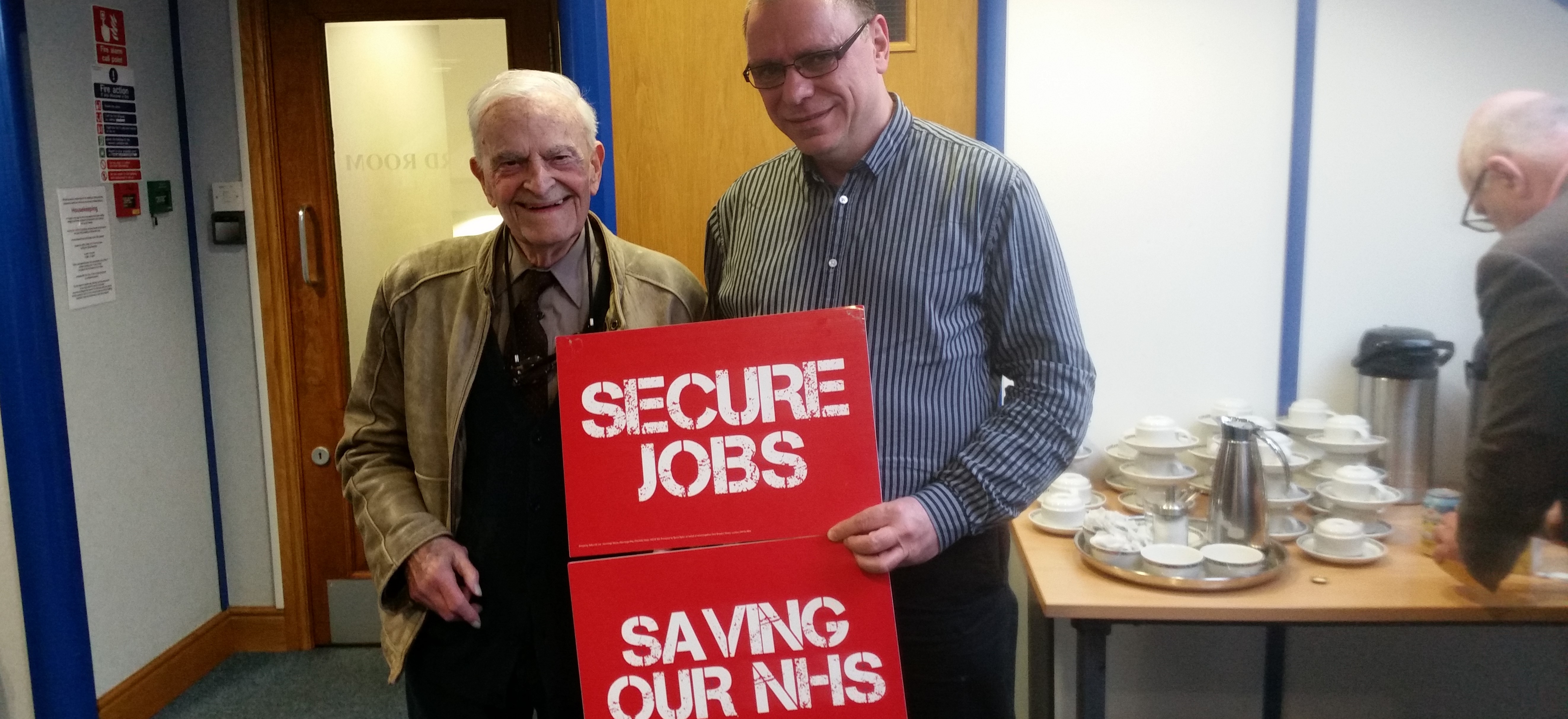Solidarity should be binding
â€Cut him some slack’. â€Give him a chance’. Just a few of the vox pops of members of the public who are as fed up with the British press in its predictable onslaught against Jeremy Corbyn as I am.
He won a massive victory. Not a slender majority but a total wipe out leaving the establishment and the other candidates reeling.
And as I wrote on these pages at the beginning of August – the genie is out of the bottle and it won’t be put back.
From top to bottom the Labour Party has been shook up and Jeremy Corbyn is determined to do politics differently.
There may be a pragmatic approach on some policy issues but on the neo-economic liberal hegemony and foreign imperialist intervention there isn’t any going back to policy making by the top on sofas in the leader’s office.
When there is a big tent approach as to who is in the Shadow Cabinet there will be real differences. In government our unwritten constitution is normally guided by the convention of collective responsibility.
It’s not cast iron. Collective responsibility can, provided there is an agreement to differ, be waivered or breached.
The decision by the Cabinet to waive collective responsibility on the European Economic Community referendum in 1975 is the one most often cited.
Agree to differ  Â
Michael Foot, Tony Benn and Peter Shore told the Prime Minister that they had very deep convictions that could not be set aside by the normal process of Cabinet decision-making. The agreement reached was â€to agree to differ’.
Shadow cabinet ministers needn’t abide with the convention. It’s not binding.  What should be binding is solidarity.  It is not unreasonable to expect solidarity with the leader of the Labour Party; solidarity with those thousands who turned out to vote, and solidarity with those who have signed up or re-joined the party since Jeremy became leader.
Let’s not forget the Parliamentary Party doesn’t make policy and nor has it in recent history.
John McDonnell a key ally has said that the Shadow Cabinet should reflect all sections of the party. He was â€desperate for Chuka Umunna to join them’.
This approach is certainly pluralistic but it also means journalists can come up with gory headlines of splits.
And they haven’t wasted time before picking off contentious policies one by one.  Andrew Neil last Sunday in his interview with Lord Falconer asked, â€Do you agree or disagree with membership of Nato?’ ‘Agree’.  With not replacing Trident? â€No’. With Academies? â€Yes’. And on it went.
Mandate for change
There was an attempt at consensus when Falconer began the interview saying that Jeremy Corbyn had secured a vote that amounted to â€a political earthquake’ and this had to be respected. Even within his uncompromising answers he stressed that Jeremy wanted a debate. But Corbyn’s mandate isn’t just personal, nor is it just for debate.  It’s a mandate for change.
Tom Watson, his deputy took up this theme on Monday’s Radio Four Today programme;
“I would just say to those MPs … please respect the mandate he has been given.
“Give him a bit of space and time to lay out his stall. We have got a party conference next week, we have got a shadow cabinet and an NEC meeting this Tuesday.
“It will take time but you will see a change of direction and you will be able to see what Jeremy Corbyn really stands for.”
Headlines of â€mutiny in the Shadow Cabinet’ are premature.
Just as Shadow Ministers shouldn’t indulge in â€macho statements’ â€if you think you have differences wait till you see mine’, neither should the shouts of betrayal by the left be early or loud.
*First appeared in Tribune September 24
 Like
Like Follow
Follow


